Premium Only Content
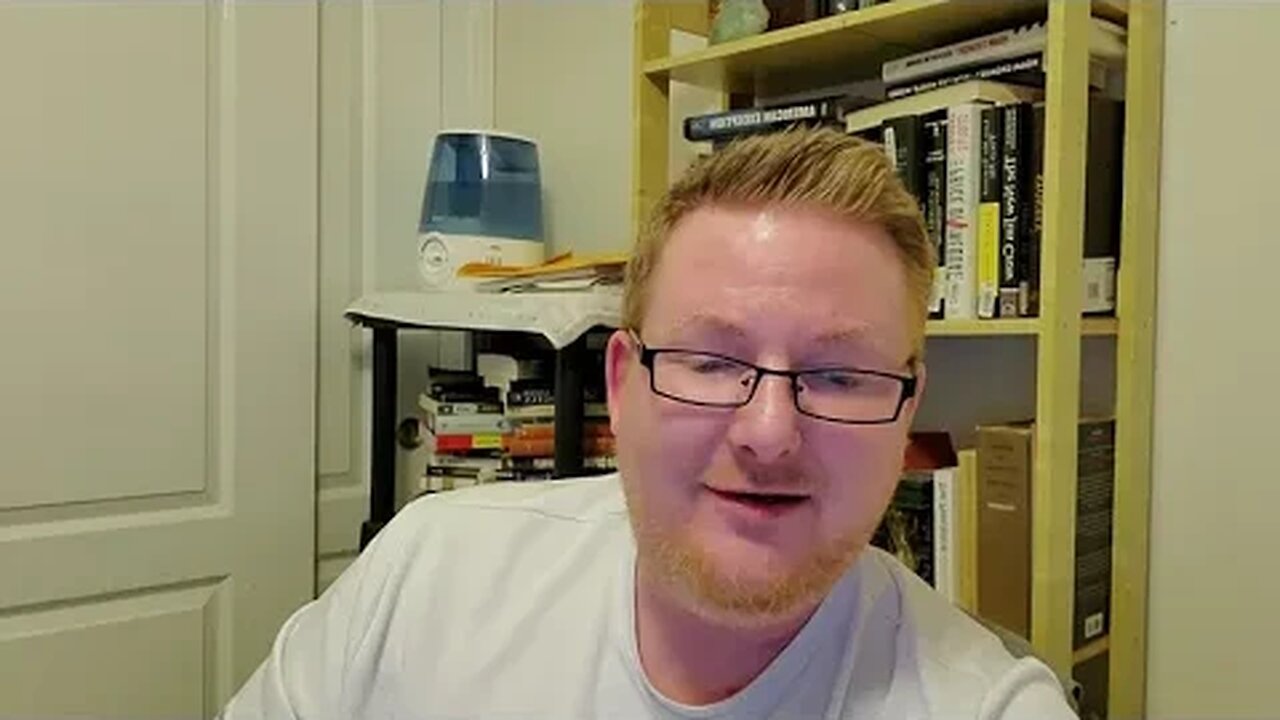
Losing 1st Amendment Reverses War of Independence
https://en.wikipedia.org/wiki/Daniel_Ellsberg
https://en.wikipedia.org/wiki/Julian_Assange
https://stfrancislaw.com/blog/10-most-famous-whistleblowers/
A transcript from Daniel Ellsberg address to the Belmarsh Tribunal in an article from Consortium News titled:
Ellsberg: Losing 1st Amendment Reverses War of Independence
January 22, 2023
Daniel Ellsberg says using the Espionage Act against journalist Julian Assange in blatant violation of the First Amendment means the First Amendment is essentially gone.
For those who are not familiar with Daniel Ellsberg here is a little background:
Ellsberg is an American political activist, and former United States military analyst. Employed by the RAND Corporation, Ellsberg precipitated a national political controversy in 1971 when he released the Pentagon Papers, a top-secret Pentagon study of the U.S. government decision-making in relation to the Vietnam War, to The New York Times, The Washington Post and other newspapers.
On January 3, 1973, Ellsberg was charged under the Espionage Act of 1917 along with other charges of theft and conspiracy, carrying a total maximum sentence of 115 years. Because of governmental misconduct and illegal evidence-gathering.
(I’m going to read this in first person. For the complete article and Ellsberg’s video, I placed it below in the description)
One of the foundation stones of our government here in the United States, for democracy and a republic, is our First Amendment to the Constitution, which forbids any law by Congress or the states abridging freedom of speech or of the press, along with freedom of religion or of assembly, that precluded the passage of a British type Official Secrets Act, which most countries have.
Almost no other country has a law singling out the press as protected by our freedom, by the First Amendment and the British type Official Secrets Act, which criminalizes any or all disclosure of information protected by the government executive branch. Even disclosure to the public or to the press or to Congress or Parliament is criminalized and subject to prison.
Julian Paul Assange is an Australian editor, publisher, and activist who founded WikiLeaks in 2006. WikiLeaks came to international attention in 2010 when it published a series of leaks provided by U.S. Army intelligence analyst Chelsea Manning.[a] These leaks included the Baghdad airstrike Collateral Murder video (April 2010),[4][5] the Afghanistan war logs (July 2010), the Iraq war logs (October 2010), and Cablegate (November 2010). After the 2010 leaks, the United States government launched a criminal investigation into WikiLeaks.[6]
In November 2010, Sweden issued a European arrest warrant for Assange over allegations of sexual misconduct,[7] which he denied and said that the warrant was a pretext for a further extradition to the United States over his role in the publication of secret US military documents.[8][9] After losing his battle against extradition to Sweden, he breached bail and took refuge in the Embassy of Ecuador in London in June 2012.[10] He was granted asylum by Ecuador in August 2012[11] on the grounds of political persecution and fears he might be extradited to the United States.[12] Swedish prosecutors dropped their investigation in 2019, saying their evidence had "weakened considerably due to the long period of time that has elapsed since the events in question".[13]
In April of 2019, Assange's asylum was withdrawn following a series of disputes with Ecuadorian authorities.[17] The police were invited into the embassy and he was arrested.[18] He was found guilty of breaching the Bail Act and sentenced to 50 weeks in prison.[19] The United States government unsealed an indictment charging Assange with Conspiracy to Commit Computer Intrusion related to the leaks provided by Manning.[20] In May 2019 and June 2020 the United States government unsealed new indictments against Assange, charging him with violating the Espionage Act of 1917 and alleging a history of conspiring with hackers.[21][22] Editors from newspapers as well as press freedom organisations, criticised the government's decision to charge Assange under the Espionage Act, characterising it as an attack on freedom of the press.[23][24]
-
 32:15
32:15
DeVory Darkins
8 hours ago $5.01 earnedDemocrats PAINFULLY WRECKED by Tom Homan as paid protesters ERUPT in Chicago
6.75K31 -
 16:59
16:59
Degenerate Jay
13 hours ago $2.12 earnedIs Metal Gear Solid Delta: Snake Eater Worth Buying?
27.5K2 -
 4:26:28
4:26:28
Flex011
5 hours ago $0.16 earnedCronos: The New Dawn – Brutal Time-Travel Horror Survival
3.47K2 -
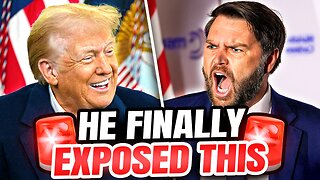 33:11
33:11
The Finance Hub
17 hours ago $1.65 earnedBREAKING: JD VANCE JUST RELEASED A MASSIVE BOMBSHELL!!! OMG!!
7.97K21 -
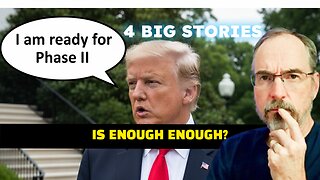 18:06
18:06
Professor Gerdes Explains 🇺🇦
15 hours agoAfter Major Attack, Trump Vows "Phase II" Sanctions on Russia
8.56K8 -
 5:24:59
5:24:59
EVASIVE_rabbi
5 hours ago✅️ 2 Dumb Navy Vets & A First Playthrough #Coop ✅️
4.28K1 -

Cook14u
9 hours agoSeahawks Let Me Down, DO NOT Talk About How I Look 🤐🙃🥴
2.76K -
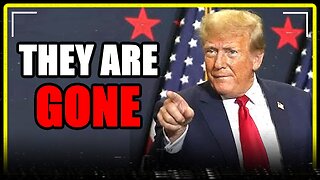 8:18
8:18
MattMorseTV
16 hours ago $9.72 earned2.2 MILLION in ONE YEAR.
69.5K145 -
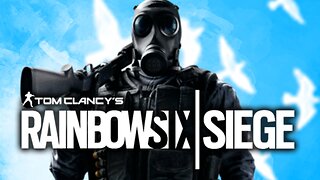 LIVE
LIVE
TheKappaConvict
3 hours agoRainbow Six Siege X Lets send Em Packing Boys | The kappa Convict
17 watching -
 1:05:18
1:05:18
Steve-O's Wild Ride! Podcast
3 days ago $7.17 earnedYUNGBLUD Stands Up For His Generation | Wild Ride #265
70.1K14